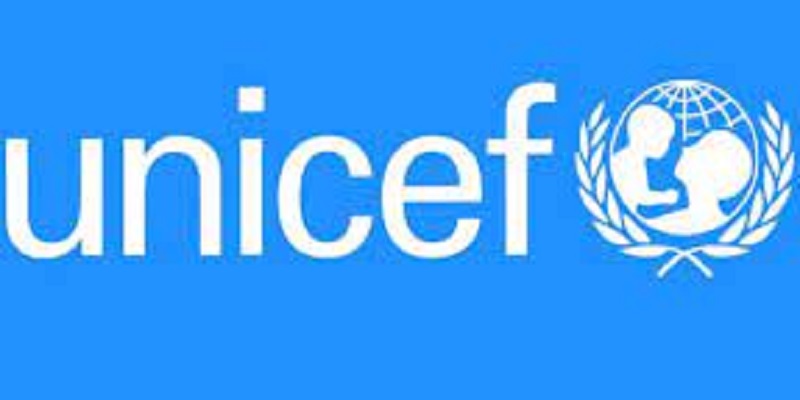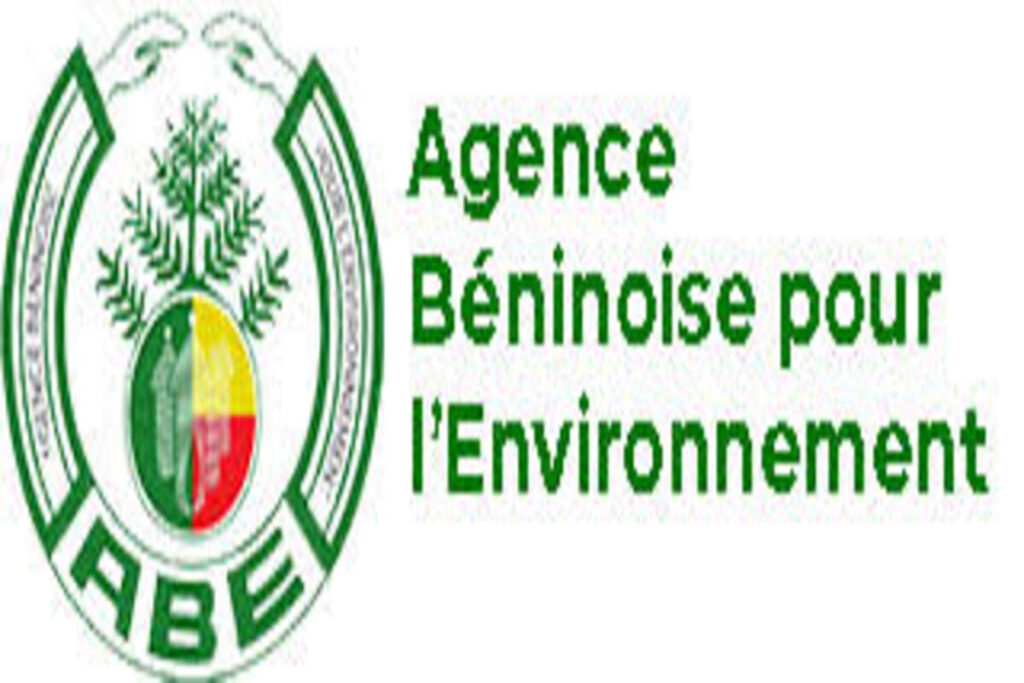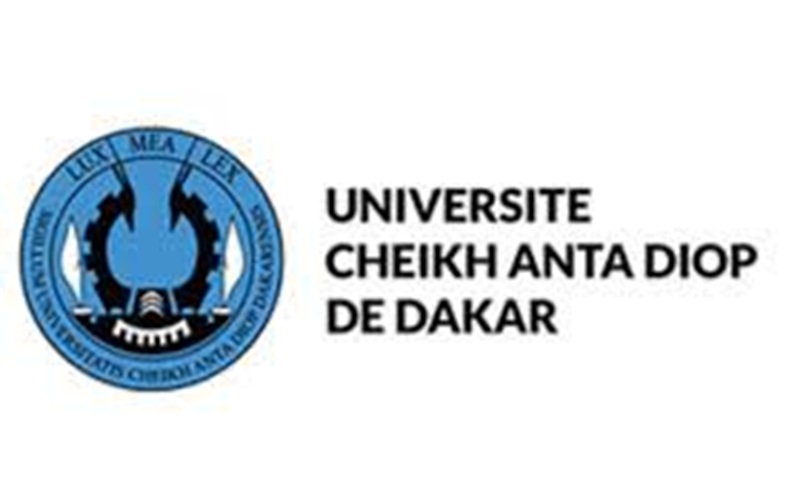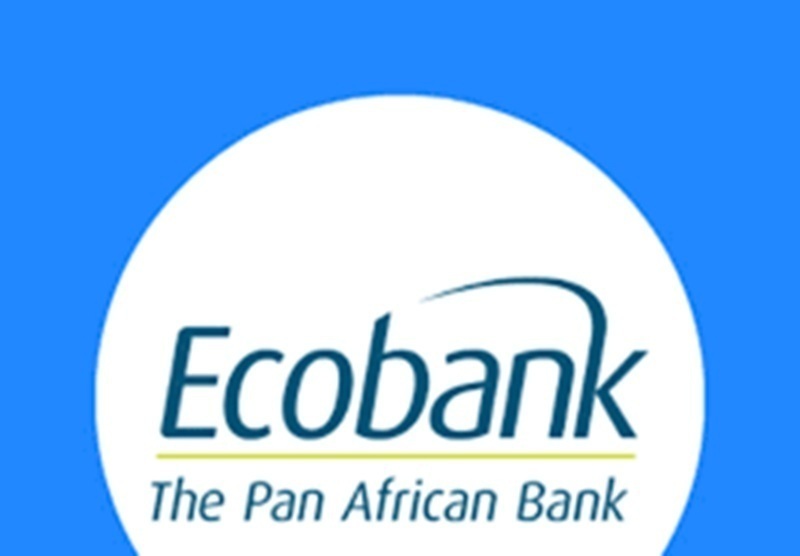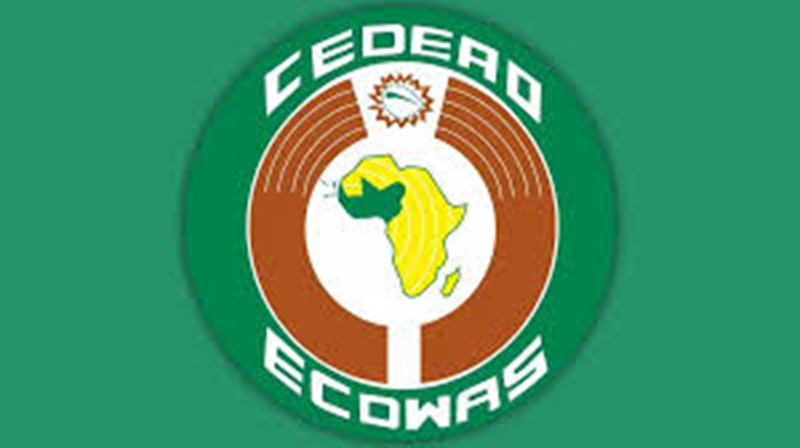L‘UNICEF travaille dans certains des endroits les plus difficiles du monde, pour atteindre les enfants les plus défavorisés de la planète. Pour sauver leur vie. Pour défendre leurs droits. Pour les aider à réaliser leur potentiel.
Dans 190 pays et territoires, nous travaillons pour chaque enfant, partout, chaque jour, afin de construire un monde meilleur pour tous.
Et nous n’abandonnons jamais.
POSTE 1 : Consultation nationale pour la réalisation de l’étude sur « l’identification des déterminants des dépenses publiques sociales »
For every child, une chance équitable
La présente étude vise à identifier les critères de définition des dépenses sociales du budget de l’Etat afin de dégager un consensus sur cette notion pour une meilleure estimation et appréciation de valeur au niveau national.
How can you make a difference?
Cette consultation permettra d’identifier les dépenses essentiellement consacrées à l’enfant. Il s’agit spécifiquement, de façon consensuelle au niveau national avec tous les acteurs de :
- convenir de la définition du concept de « dépenses sociales » ;
- préciser les critères permettant d’identifier, de sélectionner ou de reconnaître les dépenses comme dépenses sociales dans le budget de l’Etat en vue de faciliter l’estimation de leur montant ;
- identifier et marquer les dépenses sociales par ministère ;
- identifier et marquer les dépenses publiques pouvant être classées comme dépenses consacrées à l’enfant ;
- élaborer la méthodologie et la technique de détermination des dépenses sociales ;
- estimer pour les trois(03) dernières années et de l’année en cours, sur la base des critères d’identification et de marquage des dépenses sociales retenues et celles consacrées à l’enfant, le montant de ces dépenses.
Il sera mis en place un Groupe de travail technique, sous le contrôle du ministère de l’économie et des finances, pour conduire et fournir les orientations pour la réalisation de l’étude. Ce groupe sera composé des représentants des ministères et des experts des partenaires techniques et financiers (PTF) impliqués dans les dépenses sociales. Le groupe veillera à l’assurance qualité des produits délivrés par le/la consultant(e). Il/elle sera spécifiquement chargé(e) de :
- valider la méthodologie et le chronogramme de la conduite du processus de l’étude ;
- faciliter l’accès aux informations nécessaires ;
- faire le suivi du processus de l’étude et donner des orientations pour son amélioration ;
- valider les documents produits par le/la consultant(e) ;
- veiller à la qualité des produits finaux.
To qualify as an advocate for every child you will have…
- Avoir au moins BAC + 5 en économie ou finances publiques
- Posséder une expérience d’au moins 10 ans dans le domaine des finances publiques
- Avoir une bonne connaissance de la nomenclature budgétaire issue du nouveau cadre de gestion des finances publiques de l’UEMOA adopté en 2009
- Disposer d’au moins 5 ans d’expérience dans la gestion ou la mise en oeuvre du budget de l’Etat
- Avoir réaliser au moins trois (03) travaux ou consultations similaires
- Avoir au moins 10 ans d’expérience de la chaîne des dépenses publiques
- Connaissance des techniques informatiques, y compris la navigation sur le Web
- Capacité démontrée de développer et de maintenir des relations avec de multiples partenaires
- Excellentes compétences analytiques, organisationnelles et de communication
- Bonne capacité d’analyse et de négociation
- Excellente connaissance du français et une bonne connaissance pratique de l’anglais
NB:
Les Consultant(e)s intéressé(e)s sont prié(e)s de soumettre leurs offres technique et financière.![]() TDR Consultation nationale Dépenses Sociales.pdf
TDR Consultation nationale Dépenses Sociales.pdf
POSTE 2 : WASH in Institutions & Menstrual Health and Hygiene P3 level
How can you make a difference?
Under the supervision of the WASH Specialist (Systems Strengthening) and in collaboration with the Education and Health Section, the staff member will provide technical and programmatic expertise, guidance, and support for Systems Strengthening in the areas of WASH in Schools (WINS), WASH in Health Care Facilities (WIHCF), and Menstrual Health and Hygiene (MHH) to 24 country offices in UNICEF’s West and Central Africa Region. Supporting systems strengthening and scale-up of WASH in Institutions and menstrual health and hygiene (MHH) programs in West and Central Africa (WCA), the staff member will thus contribute to the KRCs, specifically 1 (Immunization), 2 (Prevention of Stunting), 3 (Access to Education), 4 (Quality Education), and 8 (Ending Open Defecation). The staff member will also support the documentation of UNICEF programming experiences as well as lessons learnt in WASH in Institutions and MHH.
The WASH Specialist will support country offices to strengthen systems with the relevant departments in the Education and Health sectors to ensure UNICEF’s strategies on WASH in Schools, WASH in Health Care facilities, and MHH are reflected in programming, including:
- Mapping and appraisal of WASH in institutions activities in the region, including the analysis of various assessment tools and programming approaches.
- Support systems strengthening initiatives covering areas such as sector monitoring, planning, and budgeting, operation and maintenance for WASH in Institutions and private sector participation for MHH.
- Facilitate uptake of new programmatic ideas and principles in the WIHCF and WINS programs across the region, including but not limited to Climate Resilient WASH, Climate Finance, Innovative Finance, through knowledge management and capacity development.
- Facilitate knowledge exchange, knowledge management and learning for WASH in Schools, MHH, and WASH in Health Care Facilities via webinars, facilitation of the French WASH in schools Yammer group, regular updates of the WASH in institutions and MHH SharePoint sites, and documentation of good practices and lessons learnt.
- Provide in-person support and remote technical assistance for at least ten country offices to realize the regional KRCs through the implementation of the three-star approach, uptake of WINS SDG indicators, and incorporation of MHH into WINS programs.
- Support countries to integrate SDG 6.1/6.2 indicators for WASH in Schools and WASH in health care facilities, using the JMP ladders developed for the SDGs, into national monitoring systems in Education and Health sectors.
- Support scale-up and institutionalization the provision of appropriate WASH facilities in schools and health facilities, including MHH, as targeted by UNICEF’s Education, Health and WASH programs.
- Strengthen existing and create new partnerships between UNICEF and relevant partners for improving coordination and implementation of WASH in Schools/WASH in Health Care Facilities/MHH programming, including GIZ, UNESCO, WHO, UNFPA.
- Coordinate with the WASH in Schools and Health Facilities focal points in the Education, Gender and Health Sections to enhance inter-sectoral coordination, consistency and complementary aspects of approaches and share policy guidelines and best practices.
- Contribute to the design, organization and delivery of capacity building initiatives associated with WASH in Schools, Health facilities, and MHH, including WASH for school-age children in emergencies and non-traditional education settings, and WASH for health care facilities in emergency settings. These initiatives will be designed to improve the knowledge and skills of WASH professionals as well as counterparts and partners.
- Monitor WASH in Schools and WASH in Health Facilities programming to ensure progress is made towards global UNICEF goals in WASH in institutions and MHH. Address bottlenecks and any other constraints identified during monitoring. Prepare timely reports and alert to the supervisor on any issue/constraint found.
- Complement current capacity in WCARO WASH team on information and report writing in terms of situation report/status reports on WASH in Schools and WASH in Health Care facilities; provide inputs for donor reports, for decision making process and information purposes for UNICEF management, donors, partners and allies.
- Carry out other assignments or tasks instructed by WASH Specialist (Systems Strengthening) as necessary, including response to emergencies.
To qualify as an advocate for every child you will have…
- Advanced University Degree in Public Health, Civil or Public Health Engineering, Social Sciences, or other relevant degree; specific training or experience in WASH in institutions (schools and/or health facilities) and/or in menstrual health and hygiene is preferred.
- At least five (5) years progressively responsible experience in international public health, with knowledge on programming for WASH in schools, WASH in healthcare facilities and/or menstrual health and hygiene; previous experience in West and Central Africa is advantageous.
- Current knowledge of WASH in Schools and/or WASH in health care facilities guidelines and policies, as well as social programming policies and procedures in international development cooperation is essential.
- Current knowledge of development issues, and policies in the water, sanitation and hygiene sector West and Central Africa is desirable.
- Experience in conducting knowledge management activities and facilitating knowledge exchange and learning activities.
- Fluency in French and English in speaking, reading, and writing.
- Demonstrated ability to take initiative, drive and passion.
- Versatility, judgment, maturity, and the ability to work in a team with political and cultural sensitivity.
- Analytical skills with ability to compile analyses data and present results through tables and visual.
- Writing skills for documentation and program support is desirable.
For every Child, you demonstrate…
UNICEF’s Core Values of Care, Respect, Integrity, Trust and Accountability and Sustainability (CRITAS) underpin everything we do and how we do it. Get acquainted with Our Values Charter: UNICEF Values
UNICEF competencies required for this post are…
(1) Builds and maintains partnerships (2) Demonstrates self-awareness and ethical awareness (3) Drive to achieve results for impact (4) Innovates and embraces change (5) Manages ambiguity and complexity (6) Thinks and acts strategically (7) Works collaboratively with others.
During the recruitment process, we test candidates following the competency framework. Familiarize yourself with our competency framework and its different levels: competency framework here.
UNICEF is here to serve the world’s most disadvantaged children and our global workforce must reflect the diversity of those children. The UNICEF family is committed to include everyone, irrespective of their race/ethnicity, age, disability, gender identity, sexual orientation, religion, nationality, socio-economic background, or any other personal characteristic.
We offer a wide range of benefits to our staff, including paid parental leave, breastfeeding breaks and reasonable accommodation for persons with disabilities. UNICEF strongly encourages the use of flexible working arrangements.
UNICEF has a zero-tolerance policy on conduct that is incompatible with the aims and objectives of the United Nations and UNICEF, including sexual exploitation and abuse, sexual harassment, abuse of authority and discrimination. UNICEF is committed to promote the protection and safeguarding of all children. All selected candidates will, therefore, undergo rigorous reference and background checks, and will be expected to adhere to these standards and principles. Background checks will include the verification of academic credential(s) and employment history. Selected candidates may be required to provide additional information to conduct a background check.
Remarks:
UNICEF’s active commitment towards diversity and inclusion is critical to deliver the best results for children.
Mobility is a condition of international professional employment with UNICEF and an underlying premise of the international civil service.
UNICEF appointments are subject to medical clearance. Issuance of a visa by the host country of the duty station, which will be facilitated by UNICEF, is required for IP positions. Appointments are also subject to inoculation (vaccination) requirements, including against SARS-CoV-2 (Covid). Government employees that are considered for employment with UNICEF are normally required to resign from their government before taking up an assignment with UNICEF. UNICEF reserves the right to withdraw an offer of appointment, without compensation, if a visa or medical clearance is not obtained, or necessary inoculation requirements are not met, within a reasonable period for any reason.
Only shortlisted candidates will be contacted and advance to the next stage of the selection process.

